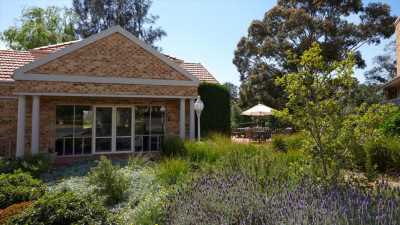After almost six years, the Aveo class action finally began on March 16, ran for six days and was settled for $11 million, bringing a rather unceremonious end to a highly anticipated case.
The outcome, particularly if Aveo lost, was likely to have huge implications for many other village contracts. The knock-on effect could have been multiple class actions, a winding back of contract options available to residents of retirement villages and ramifications for the price exiting residents could sell at.
The Aveo class action ran for just six days and was settled for $11 million.
The class action automatically included about 6000 Aveo residents who bought their homes before 2015. Those who didn’t want to be part of the action needed to opt out by November 2022, which a record number (2502) chose to do.
The case was a result of Aveo introducing a contract, called “Aveo Way”. It replaced more than 100 other contracts across about 60 villages (many of which Aveo acquired from other operators).
The “Aveo Way” contract had a deferred management fee of 35 per cent on the purchase price and gave all capital gain or loss to Aveo, together with all the renovation, marketing and selling costs. Residents were given a money-back guarantee if they left the village within six months and guaranteed buyback of six or 12 months on the future sale.
The class action claimed that Aveo residents suffered losses as a result of the introduction of the Aveo Way contract. Quantifying what (if any) loss residents had suffered was always going to be hard.
With more than 100 contracts before “Aveo Way” with variations to the deferred management fee, sharing of capital gain or capital loss, renovation costs, marketing and selling fees, the amount almost needed to be calculated on an individual basis. Adding to the complexity was the fact that some residents bought on a strata title and sold on a leasehold.
The case ended abruptly with Levitt Robinson, the lawyers representing the residents, acknowledging that the “Aveo Way contracts were lawful” and that the court was not likely to find that it had caused current or former residents any loss. Aveo agreed to pay $11 million to settle the matter without admission of liability.
How much of the settlement amount will go to residents is yet to be determined. The class action was brought on a “no win, no fee” basis and was funded by litigation funder Galactic. Litigation funders provide the money needed to cover the costs of the litigation with a view that they will receive their costs and a return on their investment from the settlement amount. In this case, the $11 million settlement includes costs.
Given the length of time the case has been running it is reasonable to expect that Galactic’s costs are in the millions, with some estimates at $10 million. But it is up to the court to decide how the $11 million settlement is split. Any amount allocated to the residents would be divided among the 3,500 claimants.
Even If we assume the court awards half to the residents, it means an average of $1,500 each. Given the time and stress it has caused I think many will feel that the squeeze wasn’t worth the juice.
Rachel Lane is the principal of Aged Care Gurus and co-author of Aged Care, Who Cares? and Downsizing Made Simple.
Most Viewed in Money
From our partners
Source: Read Full Article

